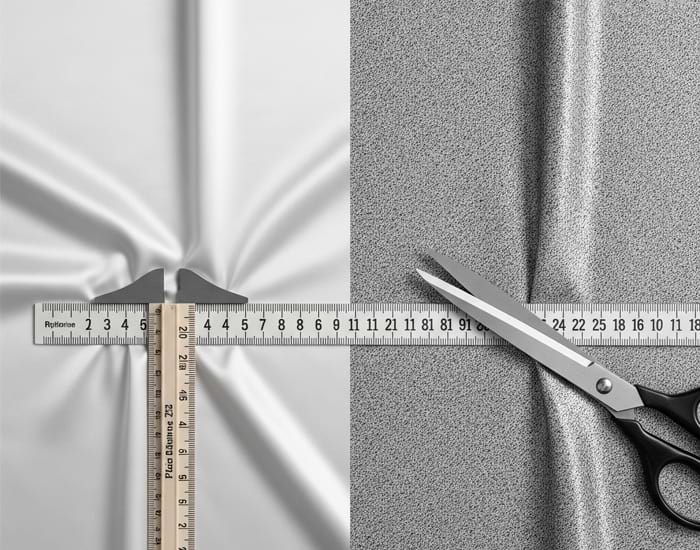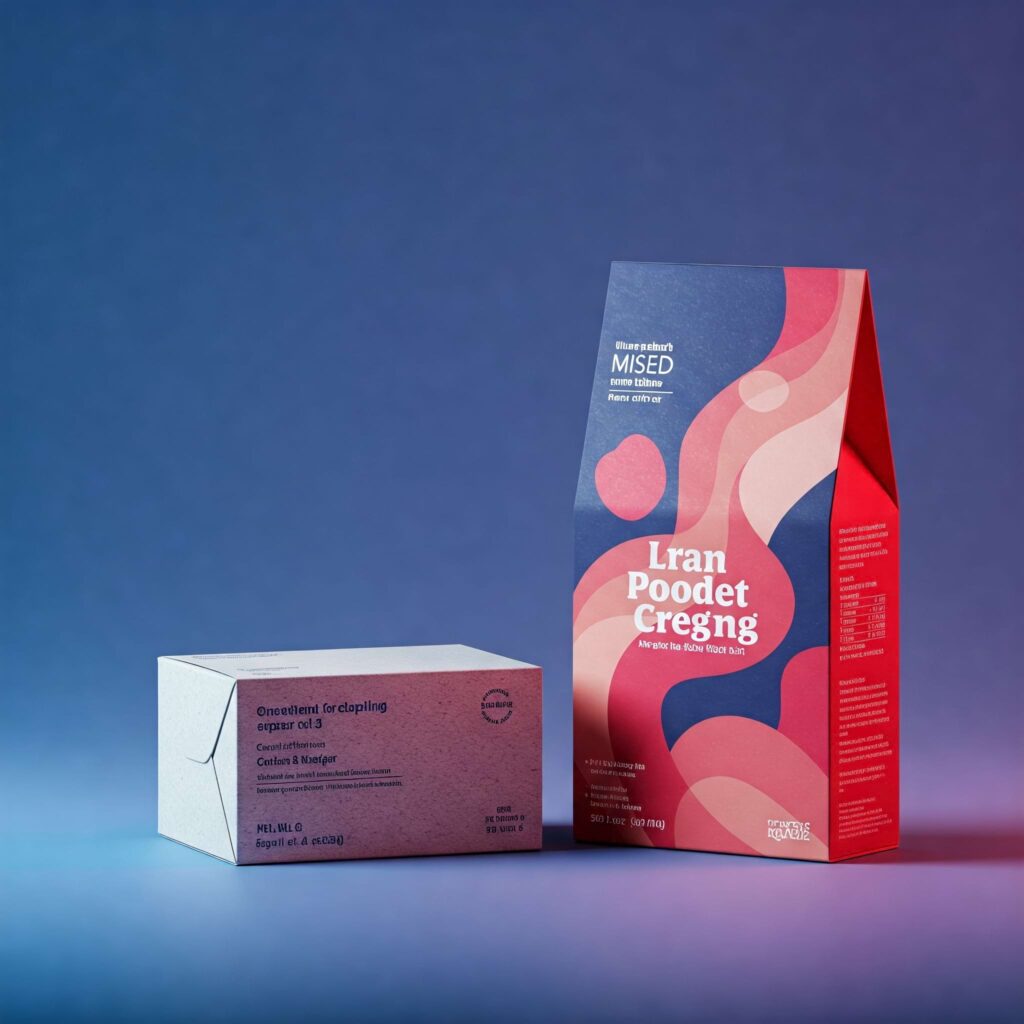
The nylon manufacturing industry has undergone significant transformations in recent years thanks to technological advancements. These innovations aim to improve quality, increase efficiency, reduce costs, and minimize environmental impact. Below, we explore the latest technologies in nylon production:
3D printing technology enables the production of nylon parts with complex geometries and high precision. This technology is used in rapid prototyping, customized parts manufacturing, and even large-scale production. By using 3D printing, traditional mold-making time and costs can be reduced, allowing for more innovative designs.
Nylon manufacturers have improved production processes by utilizing automation and robotics systems. These systems reduce the need for manual labor, increase production speed, and minimize human errors—enhancing productivity and improving the quality of final products.
Understanding the differences between standard nylon and reinforced nylon can greatly assist in choosing and purchasing the desired model.

With growing concerns about the environmental impact of plastics, research has shifted toward the development of biodegradable nylons. These nylons are made from natural raw materials and decompose in the environment after use, helping to reduce plastic pollution.
Incorporating nanoparticles into the structure of nylon has improved its mechanical, thermal, and insulating properties. Nylon nanocomposites are widely used in industries such as electronics, automotive, and packaging.
Knowing the main differences between nylon and nylax can help guide us in making better purchasing decisions.

New technologies in nylon recycling have made it possible to recover and reuse nylon waste while maintaining its original quality. These advancements contribute to reducing natural resource consumption and plastic waste.
Through the use of special additives and molecular structure modification, nylons with high resistance to heat and flames have been developed. These types of nylons are used in electronics and automotive industries, where materials with high thermal stability are required.
Advanced machines have been developed that allow the production of dual-color nylon in a single process. This technology is used to create visually appealing and distinctive products, enhancing their market attractiveness.
These innovations represent ongoing efforts to improve nylon manufacturing processes, enhance product quality, and reduce negative environmental impacts. With continued research and development in this field, we can expect even more advancements in the near future.
If you have any questions regarding the technologies used in nylon production, please feel free to contact us to receive the information you need.

Key Factors Determining Nylon and Nylex Quality When purchasing nylon and nylex, Key Factors Determining Nylon and Nylex Quality, their quality plays an ...

Branding with Promotional Nylon and Plastic Bags Promotional Nylon and Plastic Bags and custom nylon and plastic bags are considered one of the ...

Selling Products with Proper Packaging Packaging is one of the most important factors in attracting customers and increasing product sales. Selling products with ...

Differences Between Plastic Bags Comparing T-shirt Bags, Handle Bags, Zipper Bags, and Freezer Bags Plastic bags are produced in various types, each with ...
info@znparsian.com